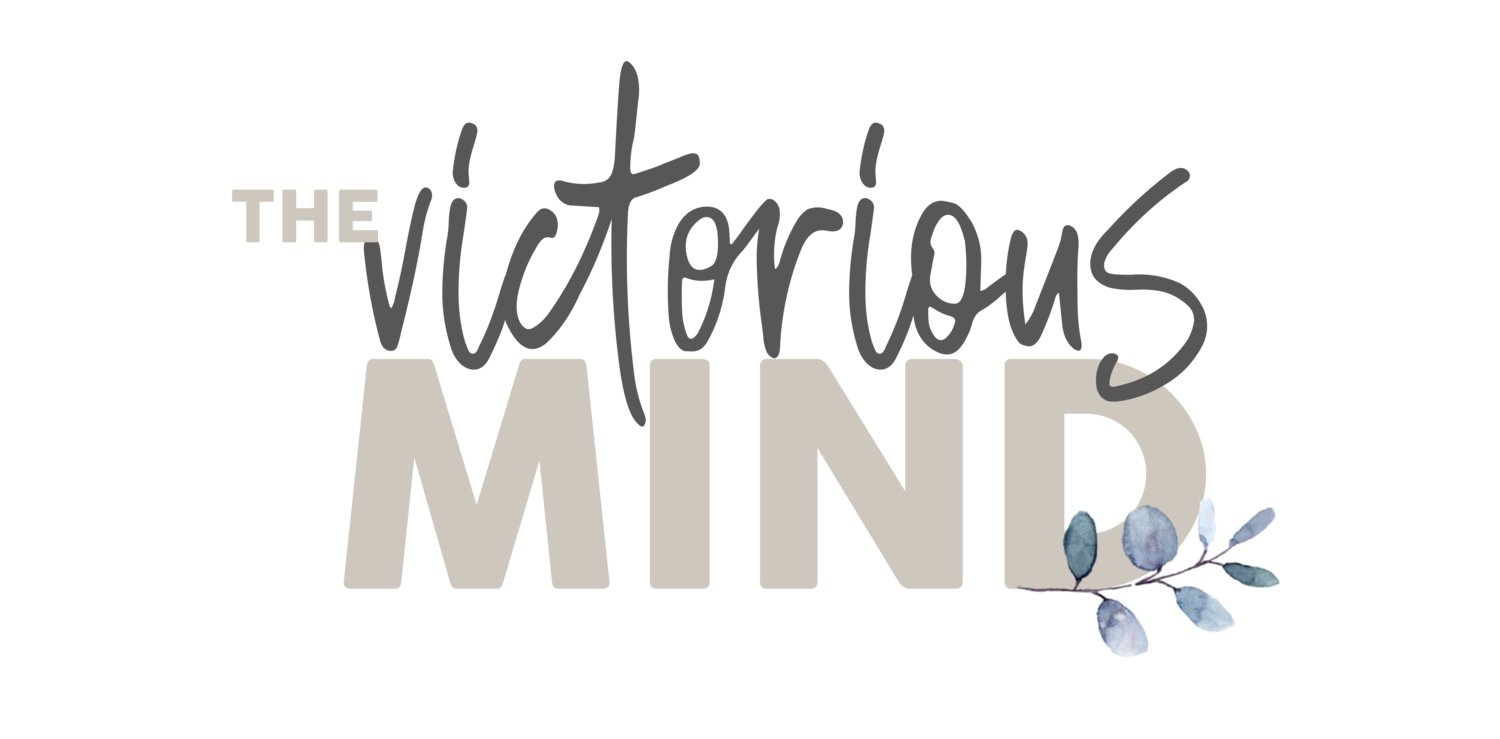Sleep Hygiene 101
One of the most important things we can do for our bodies and mind is to sleep. Often, with the constant bombardment of distractions, chores, and busyness of life, sleep can get pushed to the side. In other phases of life, we can struggle to fall asleep when we desperately need to. Anxiety, to-do lists, and what-ifs keep us up at night so we annoyingly stare at the ceiling.
Creating a routine before bed can dramatically help our body recognize it is time for sleep. Most people brush their teeth, hop in bed and spend time scrolling on their phone or watching something on tv, and then expect to turn off their phone and go to sleep. Our brain has a hard time “turning off” after being stimulated by our phone/tv. Research on blue light exposure before bed also shows that it negatively affects our circadian rhythm and quality of sleep. This may be an unrealistic goal to start with, but it is recommended to limit blue light exposure 1 hour prior to bedtime. If you're having trouble with falling asleep or getting restful sleep, try to limit your screen time before bed and see if you notice any changes. Creating a routine before bed can also significantly help. Some things you might try could be reading, taking a bath, cuddling with your animal or partner, washing your face, yoga for 20 minutes, deep breathing exercises. If you do the same things each night before bed, your body will learn what to expect before bed and have an easier time falling asleep.
Most of us have heard of counting sheep when we can’t sleep, but something I’ve found helpful is square breathing and progressive muscle relaxation. These are coping skills for calming your mind and body and often take our focus off of our stressors or to-do list and allow us to focus on our breathing and body. It’s hard for our mind to concentrate on two things at once.
Square Breathing
Step 1: Breathe in, counting to four slowly. Feel the air enter your lungs.
Step 2: Hold your breath for 4 seconds. Try to avoid inhaling or exhaling for 4 seconds.
Step 3: Slowly exhale through your mouth for 4 seconds.
Step 4: Repeat steps 1 to 3 until you feel re-centered.
Progressive Muscle Relaxation
In a quiet place, sit or lie down in a comfortable position
Take a few gentle breaths, in and out
Begin tensing groups of muscles one at a time. Breathe in when tensing
Start with the muscles in your feet, tense muscles for 5 seconds and then release
Then, move your way up your body adding one set of muscles at a time
Next, tense your feet and calves for 5 seconds and release
Continue until you reach your face/head and tense every muscle then release.
These skills should leave you feeling relaxed and calm your mind enough to drift off to sleep. If you have trouble sleeping, I hope some of these suggestions will help you with your sleep hygiene.
